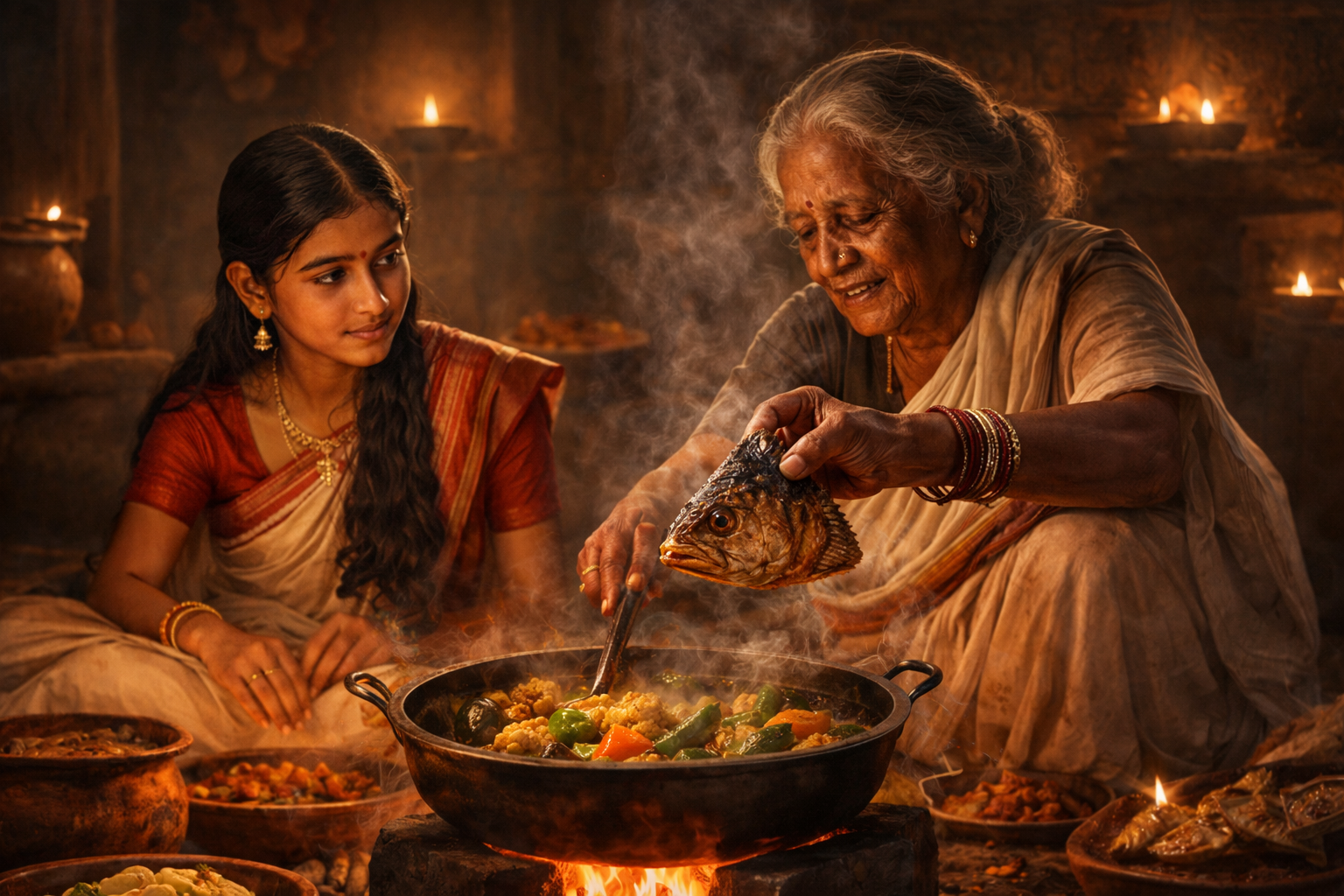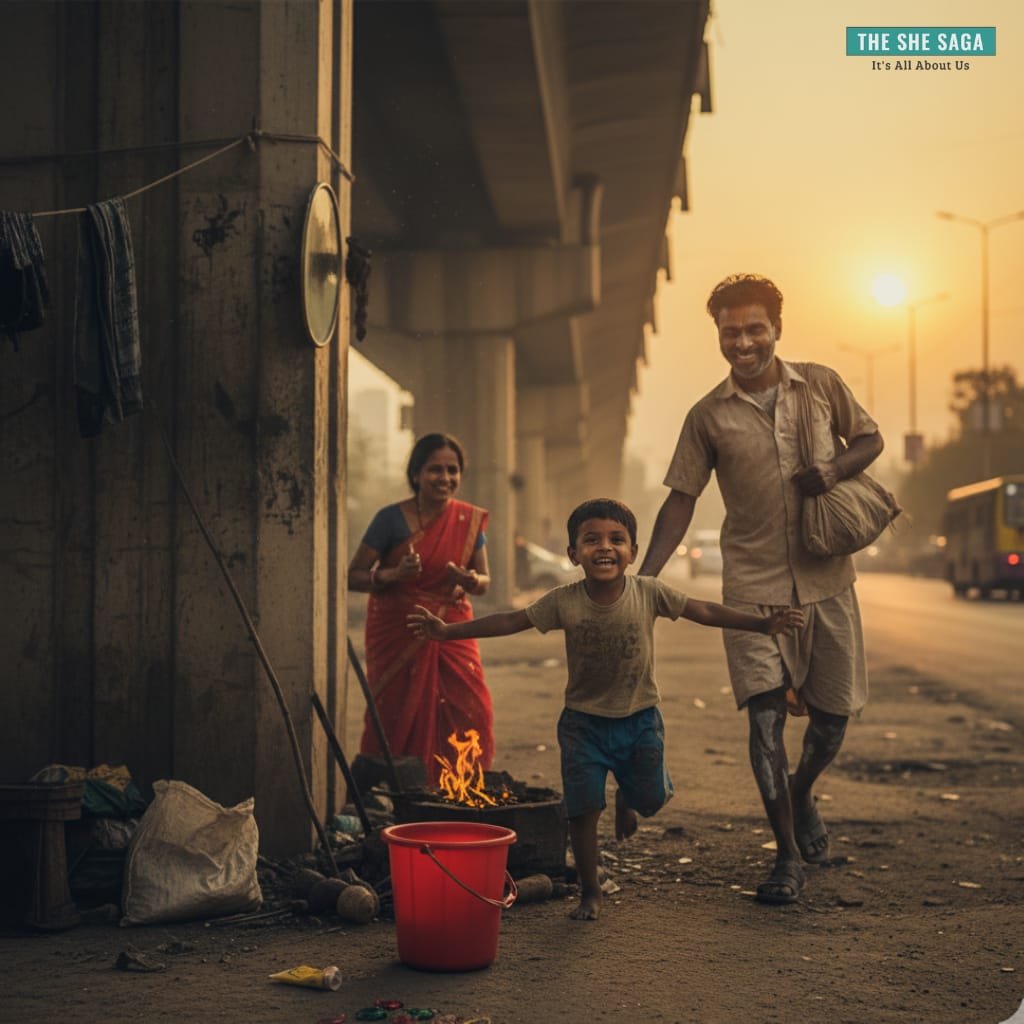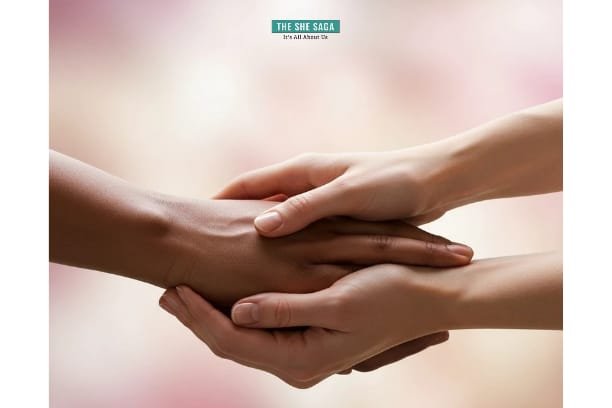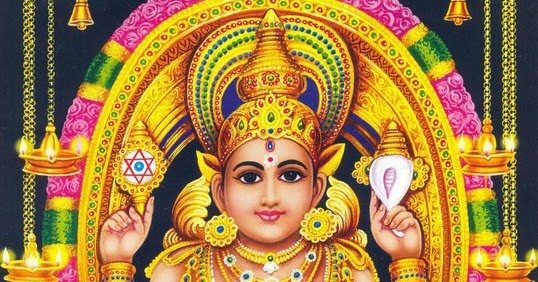
A Bengali Bride, Widowhood Taboos, And A Fish Head
On the eve of her child marriage, young Pakhi shares a tender kitchen moment with her widowed grandmother. Amid societal cruelty, love, longing, and survival lessons unfold through cooking. A forbidden fish head added to vegetables becomes an act of rebellion, awakening suppressed desires and silent tears.

















